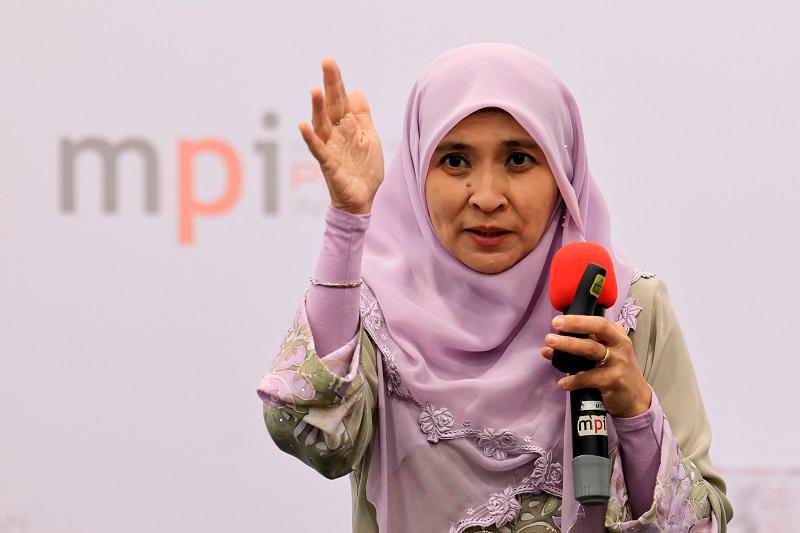CYBERJAYA: The Human Rights Commission of Malaysia has called on media practitioners to uphold ethical and legal standards related to the rights of children and comply with guidelines established under the Child Act 2001 when reporting on issues related to children.
Its children commissioner Dr Farah Nini Dusuki made the call at the “Protect Children’s Rights for Media Practitioners” course, held in collaboration with the Malaysian Press Institute (MPI) yesterday.
“Despite guidelines established under the Child Act 2001, compliance among media practitioners when reporting on children’s issues remains alarmingly low, with many reports failing to uphold ethical and legal standards related to children’s rights.
“While there is pressure to sensationalise news for clicks and recognition, the media must remember that how they write their stories concerning children can have extensive and long-lasting consequences on those being reported on.”
She said while reporting news, “headlines are also sensationalised and can be quite deplorable”, which highlights a pressing need for stricter compliance and increased awareness within the media industry.
Farah said a child’s dignity is often disregarded in favour of sensationalism.
“However, if the child is seen as a person with rights and self-worth, there would be greater hesitation in publishing damaging content.”
She said under Section 15 of the Child Act 2001, the media is prohibited from reporting any enforcement action involving a child in connection with criminal acts or omissions, be it during the investigation, pre-trial, trial or post-trial stages.
To protect the privacy and dignity of these children, the Act prohibits the publication of any identifiable details, including photos, names, addresses, educational institutions or any information that could potentially reveal their identity.
“Those who contravene the provisions can be liable to a RM10,000 fine, imprisonment of up to five years, or both.
“However, exceptions may be granted by the court if it benefits the child’s welfare, such as in cases of missing children where identification can help locate guardians. The main priority is to ensure that the best interest of the child is always upheld,” she said.
Farah also urged the media to recognise that while these “push factors” might drive visibility and engagement, they should not override the ethical duty to protect a child’s best interests and well-being.
She said there is a need for a mindset shift to promote greater respect for children and this should not be seen as a “taboo” issue.
“Educate yourselves on the Child Act and discuss it openly to create greater awareness. However, not identifying the children as stigmatisation is particularly harmful since negative labels can follow them forever.”
Farah said even if circumstances change for the better, stigmas can still lead people to judge children based on their past, creating perceptions that may linger and haunt them for life.
She said children are minors who can be influenced by various factors that shape their behaviour.
These include their environment, maturity level, upbringing or normalised behaviours from early experiences, which all play a role in their characters.
“Focusing solely on a child’s mistakes is unfair as it overshadows other aspects of who he is, often with lasting negative consequences on his ability to grow into a positive adult.”
MPI president Datuk Yong Soo Heong said as a media practitioner, engaging in such a critical educational process is essential as the knowledge gained should be of great significance in performing one’s role effectively.
“This training is vital and I believe it effectively highlights the challenges we face, helping media professionals understand our responsibilities.
“Every child deserves access to education, the right to survival and opportunities for growth and community involvement. Alongside guardians and caretakers, the media plays an integral role in ensuring care, support and a protective environment for children’s development within our shared responsibility to society.”
Yong said the Act also underscores a clear stance against child violence and exploitation, reflecting the strong commitment to uphold international standards for children’s rights.
“It envisions a future where every child can grow free from harm, reaching their fullest potential,” he said.









